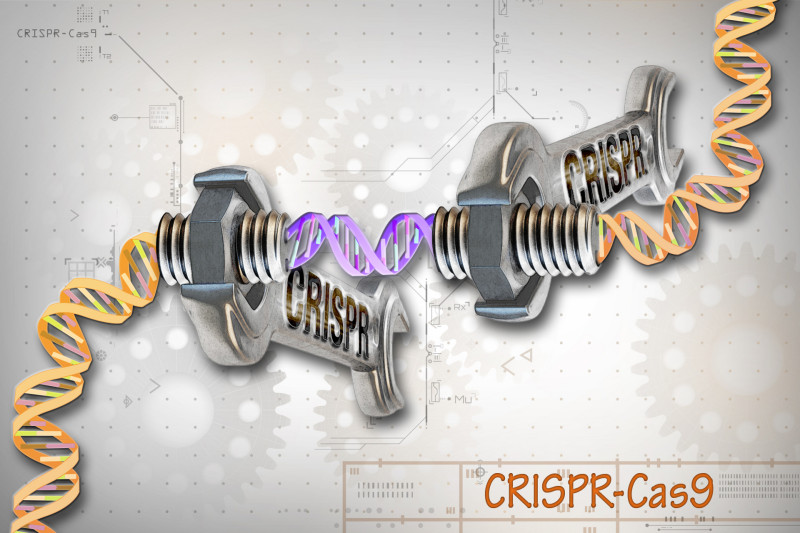The University of California will be receiving two CRISPR-related patents, marking another step forward in the university's long battle to assert its claims to the revolutionary technology.
UC Berkeley pioneered the technology in 2012, when a team led by biochemist Jennifer Doudna reported that they had successfully developed a “programmable” genome-editing tool that makes highly targeted alterations to the genome of a plant or animal. A team at the Broad Institute, owned jointly by Harvard University and the Massachusetts Institute, was also researching the technology during the same period.
Commonly known as CRISPR—an acronym for Clustered Regularly Interspaced Short Palindromic Repeats, the groundbreaking technology offers a method to fix genes in living things. It could be used to develop everything from drought-resistant crops, to new treatments for genetic disorders and cancers.
UC Berkeley is in a legal fight with the Broad Institute over the patent rights to CRISPR. UC Berkeley filed its patent application before Broad did, but Broad fast-tracked its application.
The United States Patent and Trademark Office in February 2017 awarded a patent to Broad for CRISPR's use in plant and animal cells, and a pending patent to UC Berkeley for CRISPR's use in bacterial cells. The UC appealed in April 2017, arguing its scientists were the first inventors of the technology.
